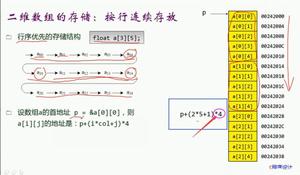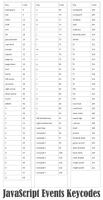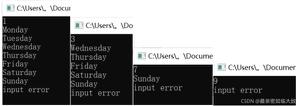计算C ++中以数字为0的数字
我们提供了一个数字N。目标是查找数字为0且范围为[1,N]的数字。
我们将通过从10到N遍历数字来完成此操作(无需从1到9进行校验),对于每个数字,我们将使用while循环检查每个数字。如果发现任何数字为零增量计数,然后移至下一个数字,否则将数字减少10以检查数字,直到数字> 0。
让我们通过示例来理解。
输入值
N=11
输出结果
Numbers from 1 to N with 0 as digit: 1
说明
Starting from i=10 to i<=11Only 10 has 0 as a digit. No need to check the range [1,9].
输入值
N=100
输出结果
Numbers from 1 to N with 0 as digit: 10
说明
10, 20, 30, 40, 50, 60, 70, 80, 90, 100. Ten numbers have 0 as digits.
以下程序中使用的方法如下
我们取整数N。
函数haveZero(int n)以n为参数并返回以0为数字的数字的计数
对于此类数字,将初始变量计数设为0。
使用for循环遍历数字范围。i = 10到i = n
现在,对于每个数字num = i,使用while循环检查num%10 == 0,是否将num除以10,然后移至下一位直到num> 0
如果为true,则停止进一步检查,增加计数并在while循环中中断。
在所有循环的末尾,计数将是一个总数,其中1到N之间的数字为0。
返回计数结果。
示例
#include <bits/stdc++.h>using namespace std;
int haveZero(int n){
int count = 0;
for (int i = 1; i <= n; i++) {
int num = i;
while(num>1){
int digit=num%10;
if (digit == 0){
count++;
break;
}
else
{ num=num/10; }
}
}
return count;
}
int main(){
int N = 200;
cout <<"Numbers from 1 to N with 0 as digit: "<<haveZero(N);
return 0;
}
输出结果
如果我们运行上面的代码,它将生成以下输出-
Numbers from 1 to N with 0 as digit: 29
以上是 计算C ++中以数字为0的数字 的全部内容, 来源链接: utcz.com/z/321884.html







